
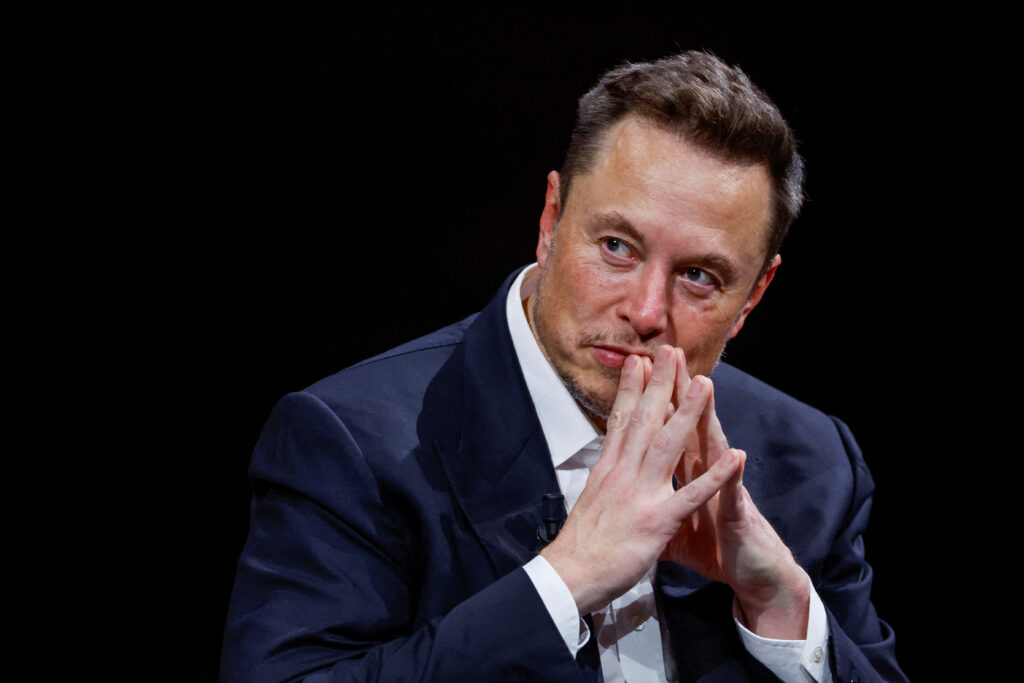
Some might say the world’s richest man made a terrible investment, some say Elon Musk doesn’t intrinsically understand social media.
Formerly known as Twitter, now rebranded as X, Elon Musk bought the company in October 2022 for US$44 billion.
According to investment firm, Fidelity, X today has lost 80 per cent of its value. That’s incredible after just two years.
So how did Fidelity Blue Chip Growth Fund come up with such a huge falloff in valuation?
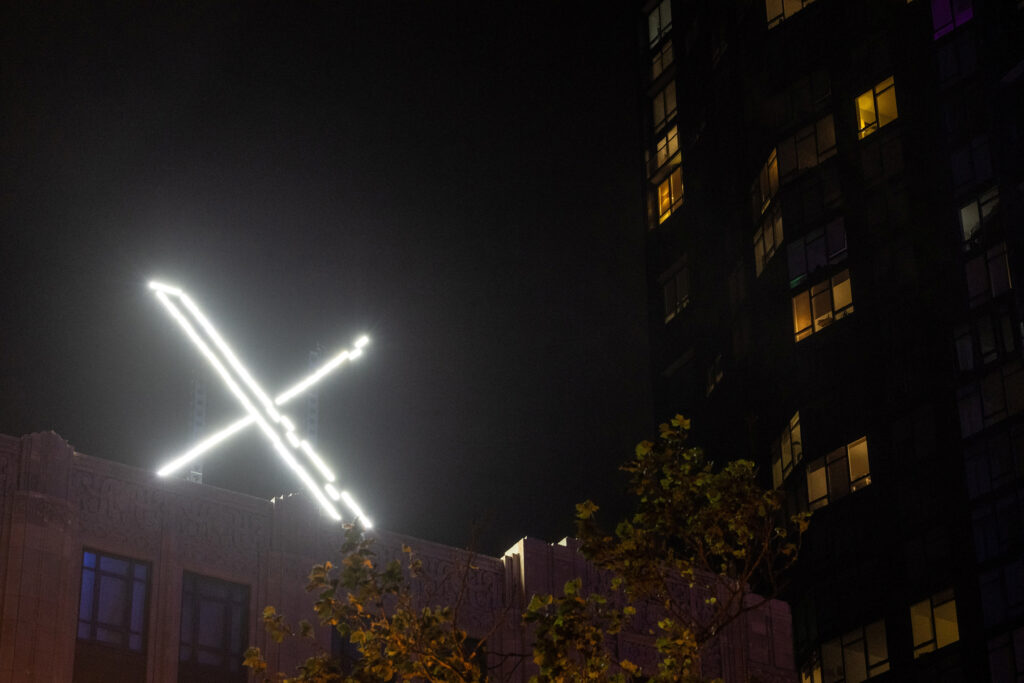
Well, it was an investor in Twitter, pumping in US$19.66 million when Musk first acquired it. Fidelity says that in April of 2023 the value of that stake fell to $6.5 million and by the end of August this year, the valuation had dropped again to just $4.2 million making the investment a cause for concern.
Extrapolating this hit, it calculated that by the beginning of this year, X had lost 71 per cent in value which has further fallen to 80 per cent come the beginning of October. This means that X is now worth just $9.5 billion.
Mind you this assessment is from just one investor. Twitter was a publicly traded company but Musk took it private so it is difficult to assess just what its financial standing is at this time.
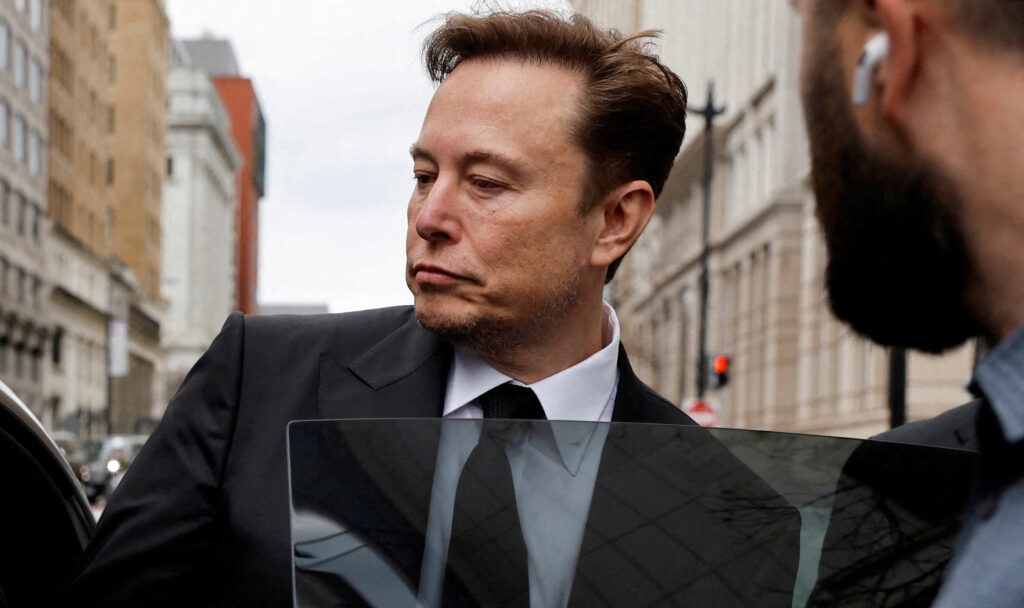
Elon Musk has made some major moves with Twitter, rebranding it X, firing a large number of executives and staff, radically changing its verification system, and moving its headquarters.
Some analysts say these moves were too quick and radical and have discombobulated users. Musk has his own inimitable business approach and it has brought him success. He may well view X as a long-term play and may not be too disheartened by what Fidelity has to say. In fact, he may be encouraged that X’s monthly active users are up 6 per cent in the second quarter, which spells 570 million people a month using the site. That makes it an attractive proposition for advertisers.
In May 2023, Musk appointed Linda Yaccarino as CEO of Twitter. She was formerly the Head of Advertising at NBC Universal. Her job is to bring in advertising revenue, thus ensuring liquidity. However many big advertisers such as Apple, Disney, Coca-Cola, IBM have pulled advertisements, citing the posting of unsavoury comments and far-right postings which does not fit with their wholesome branding.
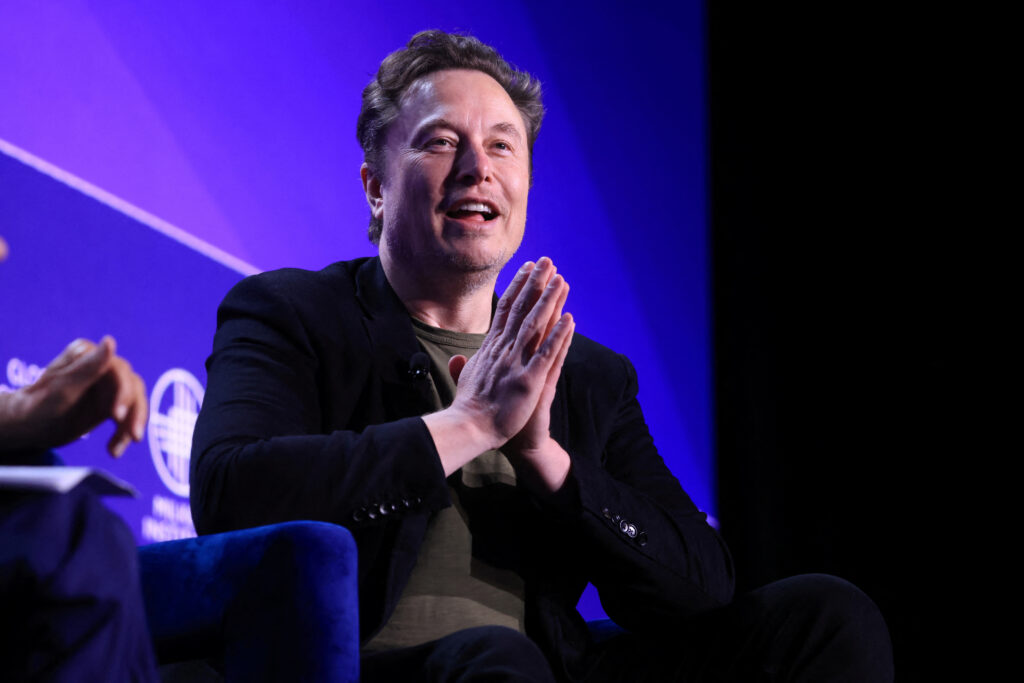
Musk’s detractors say X is used to sow division, anti-semitism, hate speech, and not enough is being done to censor vile comments.
Earlier this year at a Deal Book appearance with Andrew Ross Sorkin, Musk told big advertisers, “If someone is going to blackmail me with advertising, with money, go f – – – – yourself. Go f- – – yourself, is that clear. That’s how I feel. Don’t advertise.”
Now that was bold and ballsy. Maybe he is paying a price for that defiance now.
His reason for acquiring Twitter was noble and not simply a business decision. Musk explained: “I wanted civilisation to have a common digital town square. Twitter cannot become a free-for-all hellscape where anything can be said with no consequences.
“I think it is an asset that has just sort of languished for a long time but has incredible potential, although obviously myself and the other investors are overpaying for Twitter right now.”
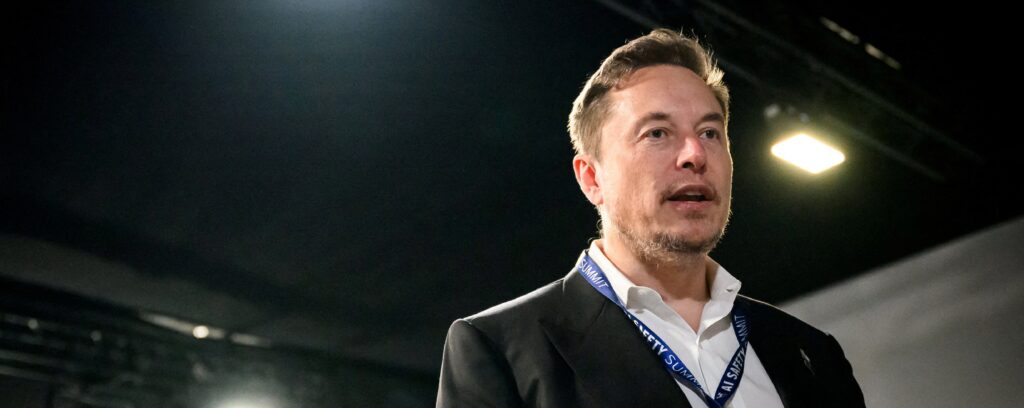
On a podcast, he gave greater insight behind his decision, saying: “I was growing increasingly concerned that there was a lack of freedom of speech, a lack of freedom of expression. There was a lot of censorship. A lot of it was obvious, a lot of it was hidden and I thought that was unhealthy for public discourse. How are people in a democracy supposed to make the right decision if they don’t have the right information?“


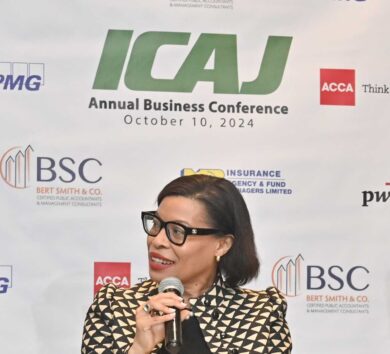
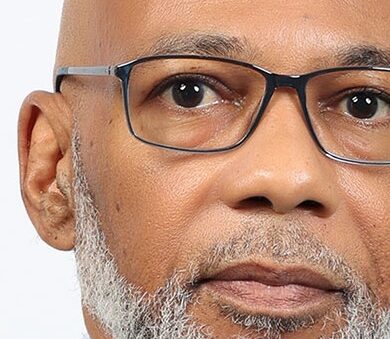



Comments